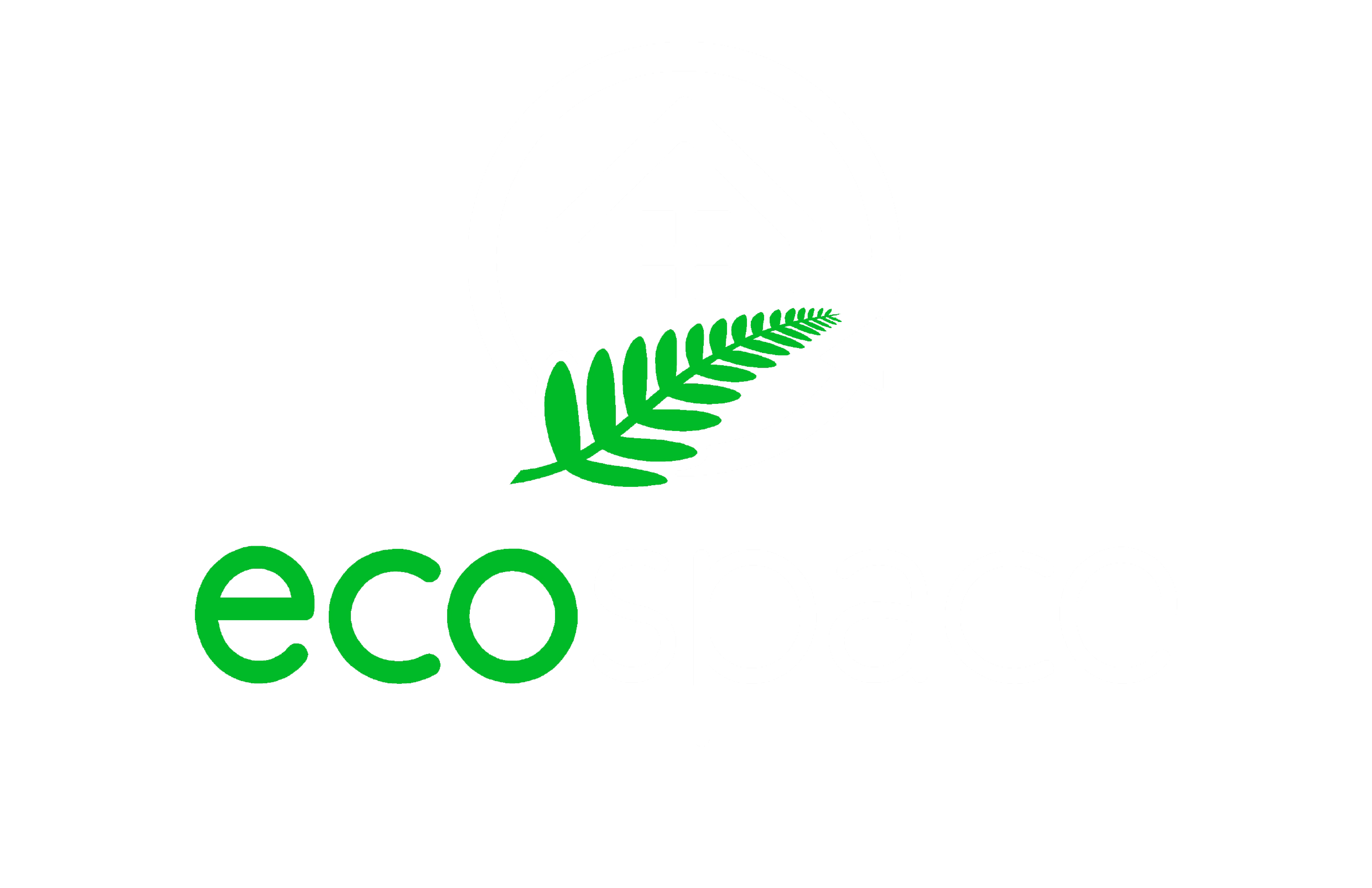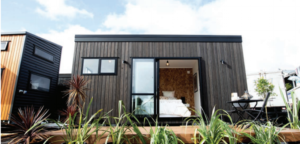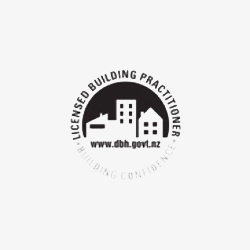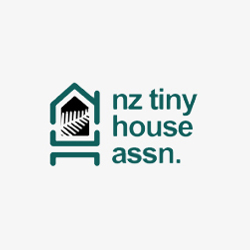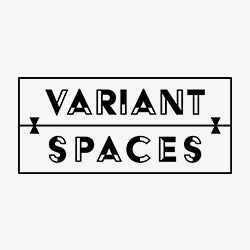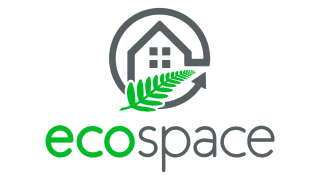We had the privilege of being interviewed by Newshub about how and why Ecospace started building transportable cabins and tiny homes in New Zealand, and also talking about the benefits of tiny homes in New Zealand. Click here to read the full article on Newshub.
Here are our full answers to the questions from Newshub reporter Fiona Connor:
“Tell me about your business and why you started it, how popular it’s been so far, what some of the benefits are, how it’s possible (i.e do people buy the land/is it made on-site etc), and anything else people need to know Environmental impact points, and benefits of tiny homes in New Zealand.”
About us:
“My company Ecospace specialises in building high quality, transportable cabins & tiny homes in New Zealand built with eco-friendly materials, and a big focus on sustainability from start to finish. Our 4 core values of the company are Sustainable, Flexible, Affordable, Quality. The primary structure of our cabins are Formance SIPs (Structural Insulated Panels) and this was chosen for its overall sustainable, and energy efficient benefits over the lifetime of the building. Our cladding is Abodo (NZ), a natural thermally heat treated timber made from 100% renewable resources, and we have chosen to use high quality, eco-friendly products where possible throughout each step of the design, which was designed with my guidance by architect Leslie England of Eco Habitats. The end result is something I’m very proud of, a visually appealing, very warm, energy efficient, transportable space that can be used by Kiwi’s for multiple situations, both off-grid and fixed. We have 4 concepts available at present, with the goal of creating bigger concepts as we grow, and eventually tapping into the prefab industry in a year or 2 with the same 4 principles”.
“Why/How we started”:
“I have been in the building industry for 13 years now, but before i even started my apprenticeship the idea was formed in my head as a young adult/teen following a conversation with my brothers and late father who was also a builder, about potential businesses we could develop in the future together. During this time, the container home craze was new, and becoming very popular, and from that we discussed the idea of creating some sort of off-grid sustainable living solutions for Kiwis, trying to think outside the square.
After the passing of my father to Cancer in 2010, I decided to leave my job at the time as a customs broker and go full time with an apprenticeship to follow his footsteps in the building industry.
This “off-grid/sustainable” housing idea really resonated and stuck with me over the years, especially after growing into a passionate nature lover through my love of the outdoors, sunsets, and surfing, and becoming more in tune as i grew up with the core values of my ancestors, and embracing “Kaitiakitanga”, which basically is the Maori translation for sustainable management of natural resources.
After completing my apprenticeship, learning more about the building industry and gaining valuable experience through managing various residential sites, I took a leap of faith and went out on my own forming GBARR construction after a couple years.
During this time, I saw a huge gap in the market for sustainable, affordable housing solutions following the Auckland housing crisis, a need for easy transportable options for bare land and bach’s or second dwellings, and the general hardship it was for Kiwis to get onto the property ladder. This, along with seeing the effects humans were having on the planet with climate change, and over exploiting our natural resources urged me to put my energy into doing something about it early 2017.
Through hard work, I saved up enough money to start my dream bit by bit in the time I had available after hours, and followed my passion and intuition of these core values I mentioned at the start to create Ecospace, with the hope of having some sort of contribution to these problems I saw, as well as doing something I truly loved and felt passionate about.”
“How popular has it been so far?”
“While the company has been active on social media since 2018, September last year (2019) was our first big launch at the Auckland home show, and the response we received was amazing, and very rewarding to know we were on the right track. We sold 5 cabins initially from the event, with more interested clients down the track pending resource consents and funding later this year. Our social media following is growing each day, and multiple inquiries keep coming in daily, especially since the whole Tiny house movement has kicked off in NZ recently, following popular shows like Tiny house Nation on Netflix, tiny house trends over in America and UK, and even more rapidly during lockdown. We have 3 new cabins to build over the next couple months, and after running my promotion offering 10% off all our cabins and tiny homes in New Zealand to help Kiwi’s post lockdown, I have no doubt from the response and enquiries so far that we will be ecospace
booking out fairly quickly for the rest of the year.”
booking out fairly quickly for the rest of the year.”
“Benefits of Ecospace transportable cabins and tiny homes, and how it’s possible?
Environmental impact points, and benefits of tiny homes in New Zealand.”
“The benefits of tiny homes in New Zealand are becoming more and more popular. The COVID19 lockdown in particular I think has really sparked the idea that we don’t necessarily have to follow the generic patterns we were of day to day life as we know it, commuting in over populated city centres, living outside of our means, working in cramped office spaces, along with the effects that pollution and mistreatment has on our planet. Downsizing may be a reality for some following the financial effects of this pandemic.
There is less land available to build in the main city centres for our growing population, and the price to purchase your own property in Auckland especially is among some of the most expensive in the world! We see our product as an affordable, flexible solution for this, whether you’re looking to downsize, escape the rat race, and choosing to live rural or by the beach, or just wanting to get on the property ladder in an affordable way, tiny houses can help solve these problems for Kiwi’s.
Ecospace also cross over into other markets by offering flexible solutions for bare land while you build, the kiwi bach, air bnb, second rental incomes, mobile work offices for WFH options, and hard to reach off-grid sites that cost an arm and a leg to run services to, along with mounting consent costs.
If you ever get sick of your scenery, or need to upsize due to a growing family, you have the freedom to do so with most tiny house foundations being built on a trailer or skids, which can easily be transported on the back of a truck, or sold and driven to the next happy tiny house owner.
With the growth of the tiny home movement in New Zealand, there also has been some pushback from certain councils, as the interpretation of the current vague legislation for tiny homes is varied between local boards with their rulings, But, we have seen more and more local councils around the country support the industry 100%, and the recent win in the high court for Alan Dall vs MBIE was a massive step in the right direction. We always recommend that our clients should check with their local councils’ stance on Tiny homes on wheels, and if a building or resource consent is necessary before purchasing. For the councils that do support it, it provides an easy, affordable living solution for Kiwis as long as you are self-sustainable and not connecting to council services, which can save massive potential costs involved with the consenting process.
As a member, and part of a working group of the NZTHA (NZ Tiny house Association) alongside other great leaders in the NZ tiny house industry, we have been dedicating time each week via zoom meetings, and in our own time formulating a new legislation with the help of Green’s MP Gareth Hughes specifically for tiny homes on wheels, as opposed to our industry currently sitting in a grey area between building code and road code. This new bill is soon to be finalised, and we hope it will provide a safe, easy solution to help grow the industry going forward. Following the trend of America and the UK doing this, it will no doubt help boost the industry if passed, and help towards the problems mentioned earlier.”
(Answered by director of Ecospace, Gavin Barr)
